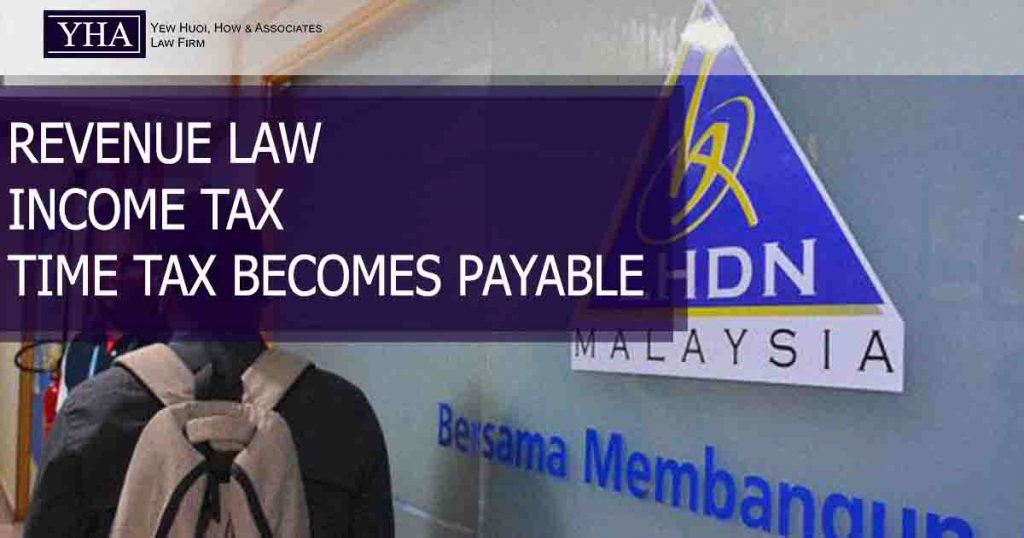What if you were appointed as a director and are a 20% shareholder of a company since 13th December 2005 after the first respondent stepped down and you have been served a notice of taxation on the 30th December 2015 that has been accumulated from the year 2001-2006 and you were liable for it. What would you do if you were in this position?
- Generally, a director is defined as any individual who holds the role of director of a corporation under any name, and includes a person whose directors or orders the majority of directors of a corporation are used to follow, as well as an alternate or substitute director. However, based on various case law, it would be unreasonable for one to be held liable to pay taxes from 2001-2006. It is most likely that the court will find you liable to tax only for the year of assessment 2006 (YA 2006) and could not be liable for the balance of the YAs before you became the director.
Q. What are the statues that will be referred to by the judges in court?
- First of all, section 75A of the Income Tax Act 1967 (ITA) discusses the circumstances under which a director may be held jointly and severally accountable for a corporation’s tax liabilities. Based on the interpretation given above, would entail that no matter when a person becomes a director of a corporation, that person could be held accountable for the firm’s tax or debt for the YAs preceding their appointment as a director. This view would be unworkable, ineffective and unjust.
- Moving on, because the notices of assessment for the taxes for YAs 2001 to 2006 that were served on the first defendant and not the second defendant, and according to section 99(1) of ITA the prescribed time had expired through no fault of the second director because the notices were not served on to him.
Q. What are the criteria to be a director?
- Section 75A(2)(b) of the ITA, as it stood at the time, required a director to own more than 50% of a company’s shares before being liable to pay tax owed by the firm; the figure was only reduced to 20% in 2014. When the second defendant became a director, the statutory provision defined a director as someone who owned more than 50% of the company’s ordinary share capital during the period in which the tax was due. As a result, the second respondent was not a “director” of the company for the purposes of section 75A(2)(b) during the period in which the tax was liable to be paid by the company and could not be held liable under the provisions of the current version of section 75A(2)(b) of the ITA, because amendments to that section do not apply retroactively.
Q. What is the limitation period for taxes to be claimed?
- The appellant sought to recover the tax through civil proceedings under section 106(1) of the ITA, which is subject to a six-year statute of limitations because the cause of action is listed in section 6(1)(d) of the Limitation Act 1953. Issuing notices in 2015 to claim the tax due and payable from 2001 to 2006 was simply too late under the statute of limitations.

